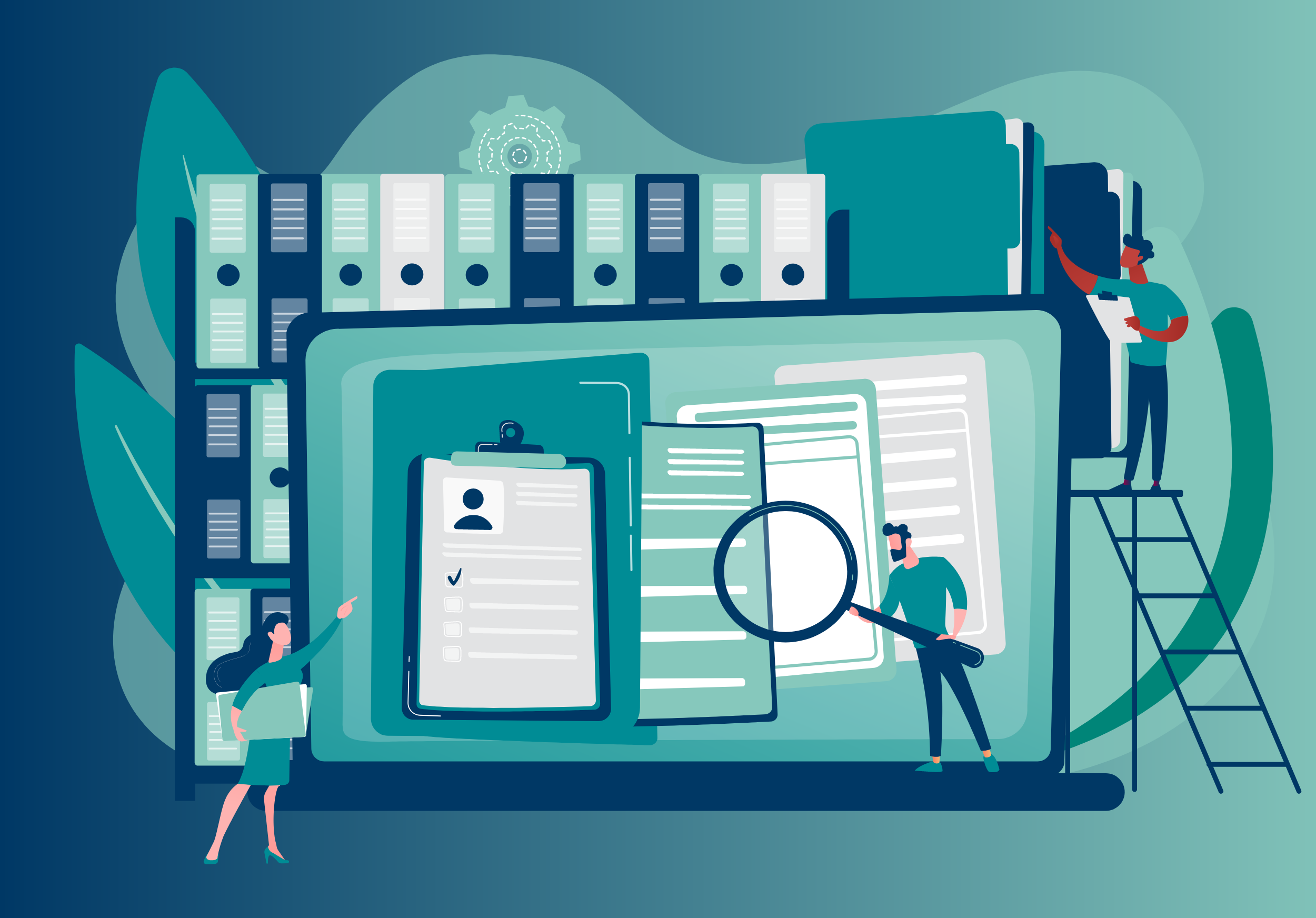Customer Relationship Management (CRM) systems have long been synonymous with sales and marketing departments, serving as indispensable tools for managing leads, tracking interactions, and closing deals. However, the potential of a CRM system extends far beyond just sales. In this article, we will explore some of the top CRM uses beyond the sales department and discover how these versatile platforms can benefit various aspects of your business.
Customer Support and Service
Your CRM system can be a powerful ally for your customer support and service teams. By centralizing customer information and interactions, it allows support agents to access a customer’s history, preferences, and prior issues, leading to more efficient and personalized assistance. Here’s how you can leverage your CRM for superior customer support:
Faster Issue Resolution
With detailed customer profiles and communication history at their fingertips, support agents can resolve issues more quickly and effectively. This not only boosts customer satisfaction but also frees up your agents to handle more cases.
Proactive Support
CRM systems can trigger automated alerts based on customer behavior or issues reported, enabling your team to reach out proactively before problems escalate.
Customer Feedback Management
Integrate customer feedback into your CRM to track and analyze customer sentiments and suggestions, aiding in product/service improvements and fine-tuning support processes.
Marketing and Campaign Management
CRM systems are often seen as the domain of sales, but they play a pivotal role in marketing and campaign management as well. The ability to segment your audience, track engagement, and analyze data can help marketers make more informed decisions and craft targeted campaigns. Here’s how your CRM can elevate your marketing efforts:
Targeted Campaigns
Leverage CRM data to create highly targeted marketing campaigns. Segment your audience based on their preferences, purchase history, or behavior, and send personalized content that resonates with them.
Lead Nurturing
Use CRM data to understand where leads are in the sales funnel. Implement automated lead nurturing campaigns that guide leads through the buying process, from awareness to conversion.
Data Analysis
CRM systems collect vast amounts of customer data. Analyzing this data can provide valuable insights into which marketing strategies are working and where improvements are needed.
Integration with Marketing Tools
Many CRM systems integrate with popular marketing automation tools, allowing for seamless management of email marketing, social media, and other marketing efforts.
Human Resources and Employee Management
A CRM system can be adapted to manage employee information and interactions. While this isn’t a typical use, it can streamline HR processes, foster employee engagement, and improve communication within your organization. Here’s how your CRM can assist with HR functions:
Employee Profiles
Create and maintain employee profiles within your CRM, including details such as skills, qualifications, performance records, and contact information.
Onboarding and Training
Performance Reviews
Schedule and document employee performance reviews and assessments in the CRM, ensuring that feedback and goals are easily accessible for both employees and managers.
Communication
Facilitate internal communication through the CRM by providing a platform for team collaboration, messaging, and file sharing.
Project and Task Management

CRM systems can serve as project management tools, helping your teams organize and track tasks, deadlines, and project progress. By integrating CRM with project management features, you can optimize your workflow in several ways:
Task Assignments
Assign tasks to team members, set deadlines, and track task completion within the CRM, ensuring that projects stay on schedule.
Document and Resource Management
Store project-related documents, resources, and information within the CRM for easy access and collaboration among team members.
Project Milestones
Define and track project milestones within the CRM, providing a visual representation of the project’s progress.
Integration with Calendar and Scheduling
Many CRM systems integrate with calendar and scheduling tools, helping teams manage their time effectively and coordinate meetings and deadlines.
Inventory and Supply Chain Management
For businesses dealing with inventory and supply chain management, CRM systems can offer valuable support. By tracking product data, stock levels, and supplier interactions, you can optimize your inventory and streamline your supply chain processes:
Inventory Management
Keep detailed records of your product inventory within the CRM, including stock levels, product descriptions, and historical sales data.
Supplier Relationships
Maintain a database of supplier information, track orders and deliveries, and set up automated alerts for reordering inventory when stock levels run low.
Demand Forecasting
Analyze customer data and purchasing trends to improve demand forecasting and ensure that you have the right products in stock at the right time.
Order Tracking
Monitor the progress of orders and shipments, allowing for real-time visibility into your supply chain.
Finance and Accounting

CRM systems can also be adapted to support finance and accounting functions, offering a centralized platform for financial data, customer billing, and revenue tracking. Here’s how you can extend your CRM’s utility to your finance and accounting departments:
Billing and Invoicing
Generate invoices, track payments, and manage billing information within the CRM. This streamlines the financial aspect of your customer interactions.
Revenue Tracking
Track revenue and financial metrics related to each customer or project, providing valuable insights for financial planning and reporting.
Financial Analytics
Integrate financial analytics tools with your CRM to gain a comprehensive view of your financial performance and identify areas for improvement.
Payment Processing
Some CRM systems offer integrations with payment processing platforms, simplifying the process of receiving payments from customers.
Conclusion
While CRM systems have traditionally been associated with sales and marketing, their capabilities extend far beyond these areas. By leveraging the power of CRM for customer support, marketing, human resources, project management, inventory and supply chain management, and finance and accounting, you can create a more efficient and interconnected organization. The centralization of data and improved communication can lead to better decision-making, increased productivity, and enhanced customer experiences, ultimately driving business growth and success. It’s time to explore the full potential of your CRM and unlock its benefits across various departments within your company.

